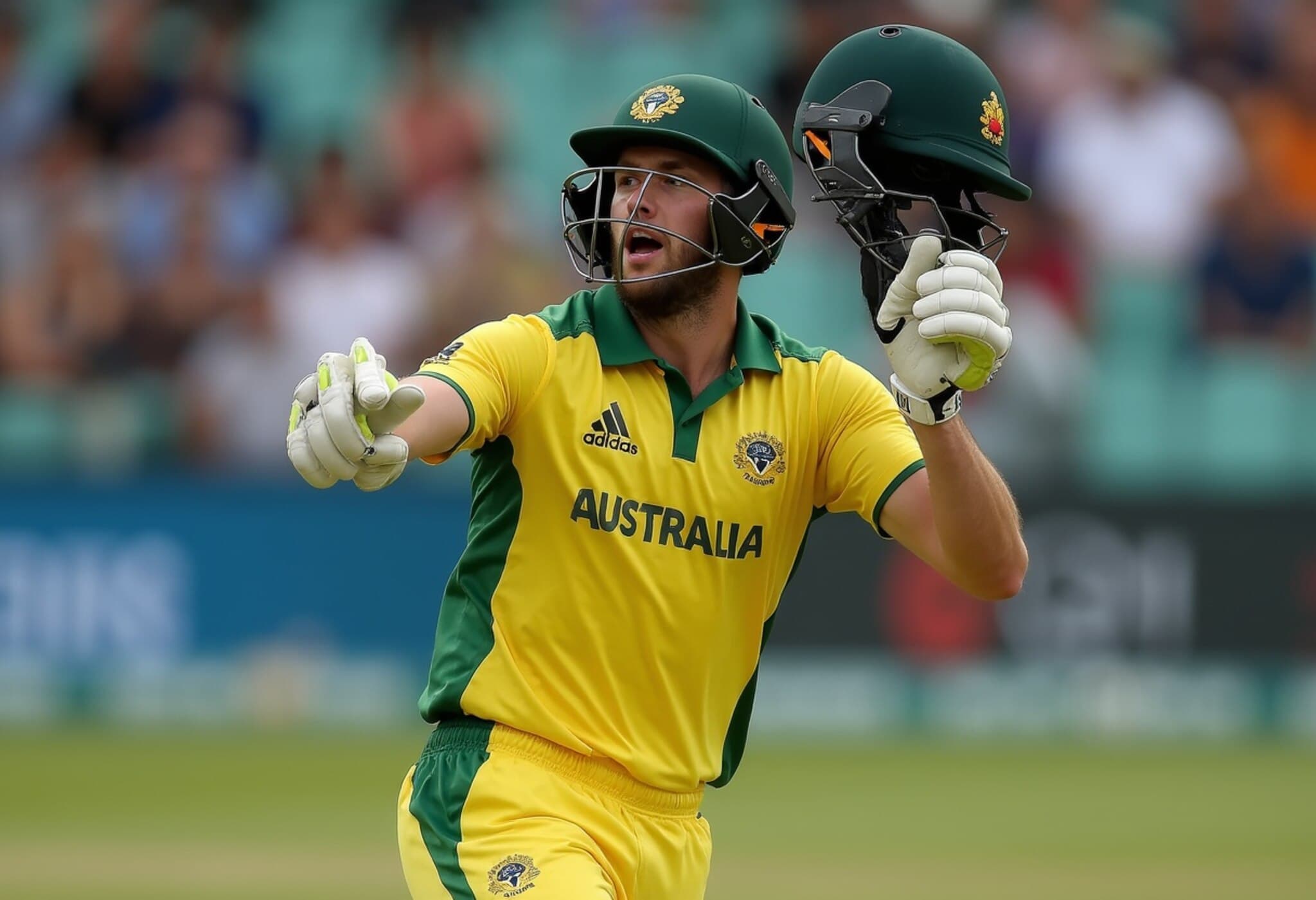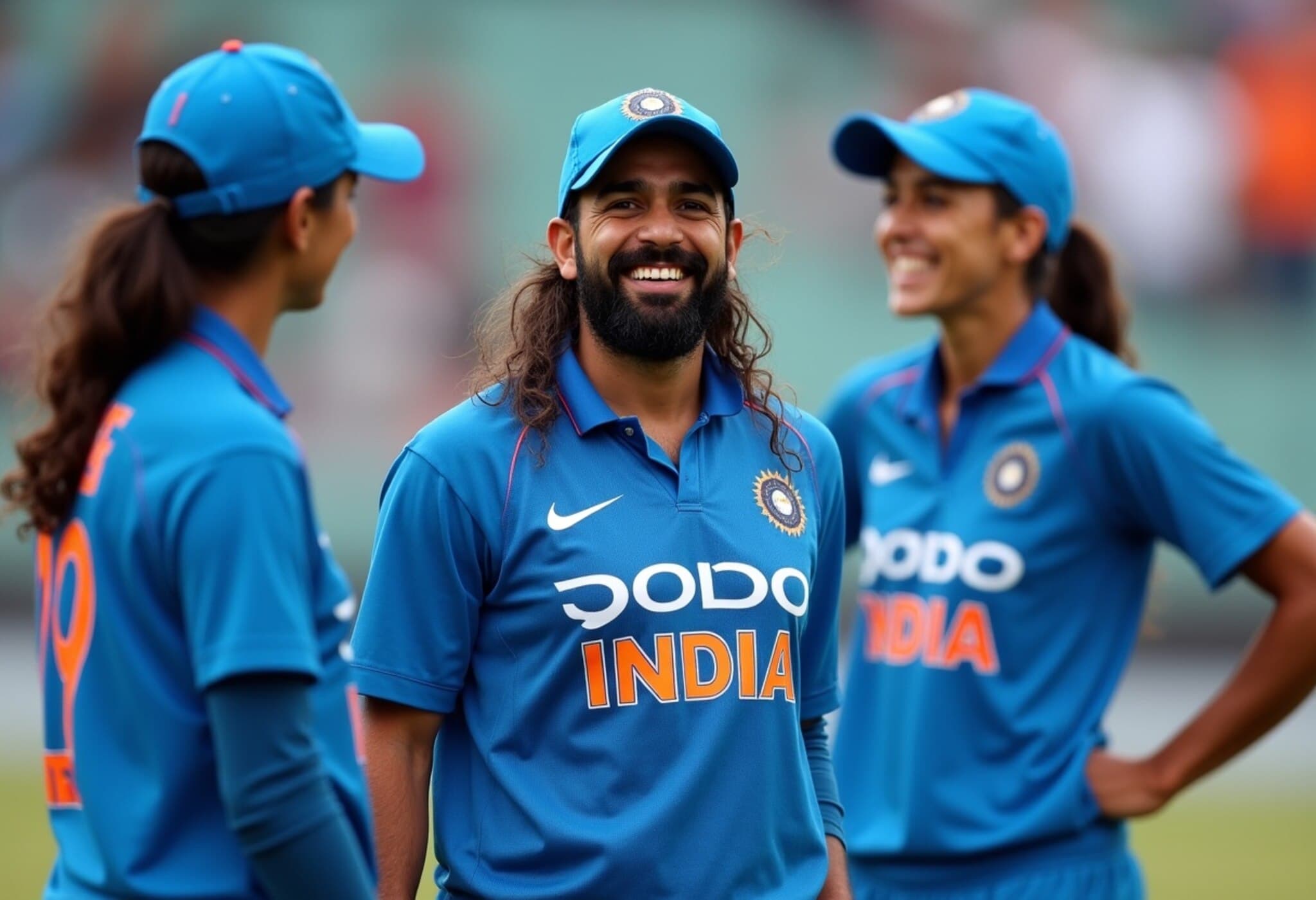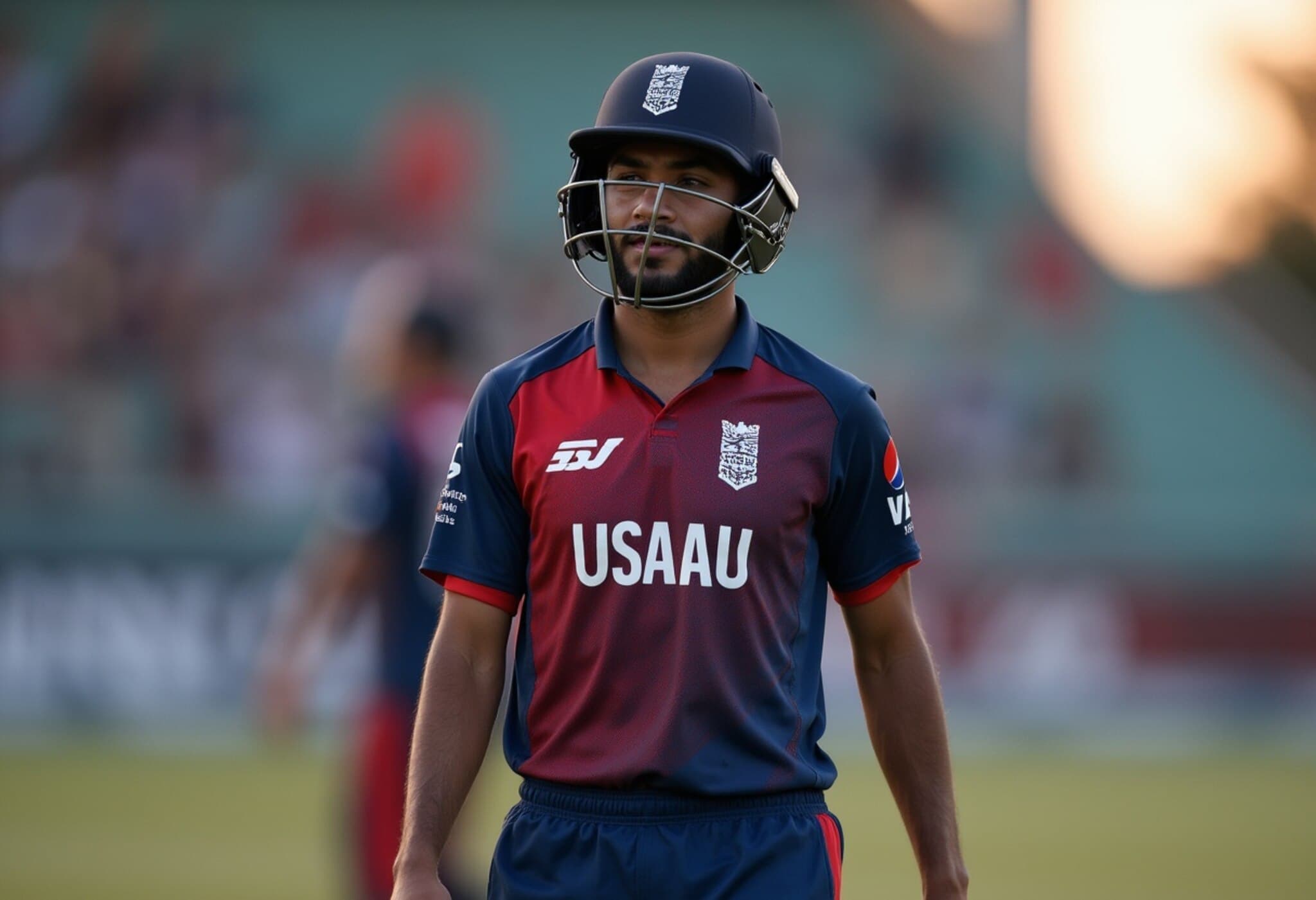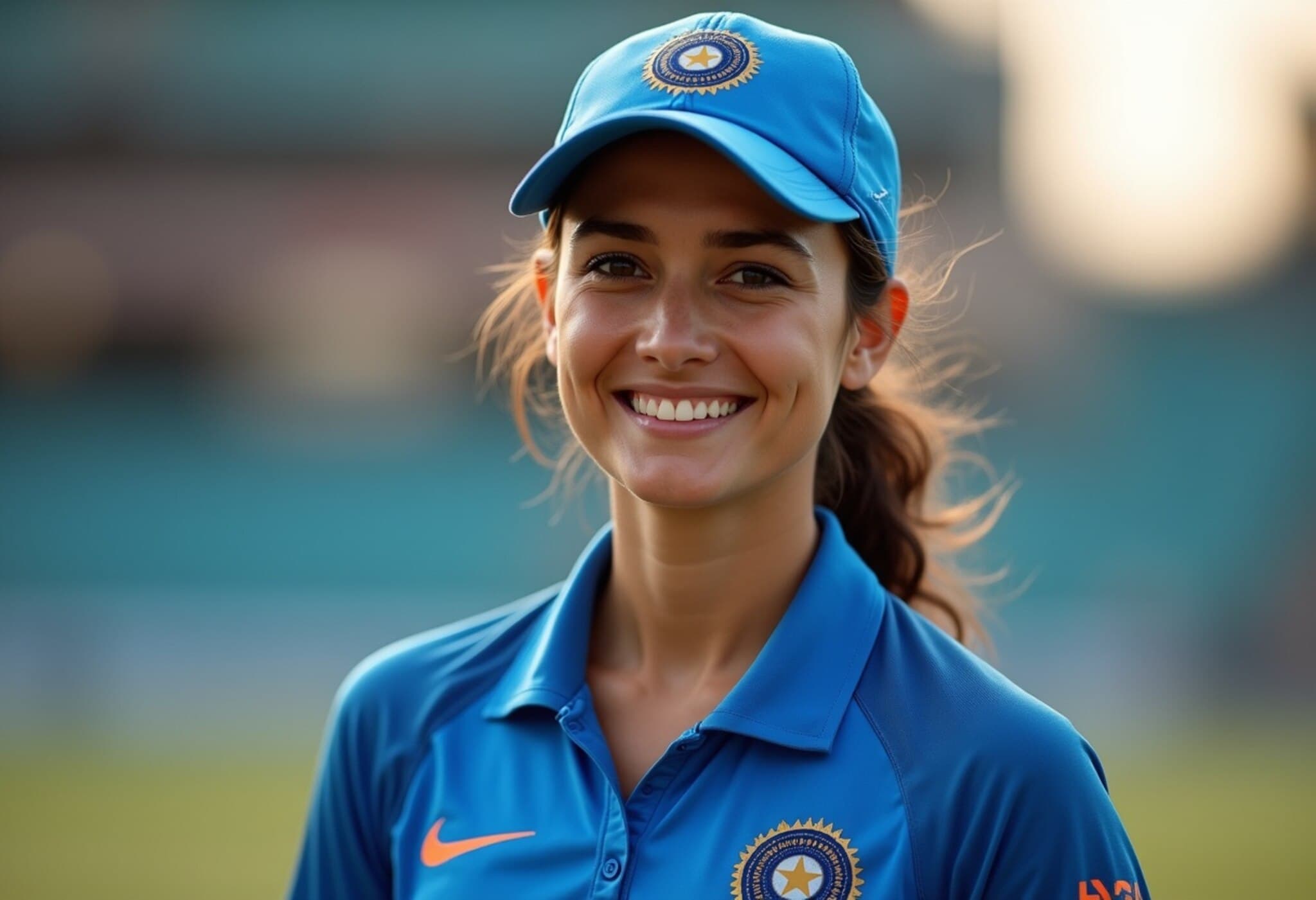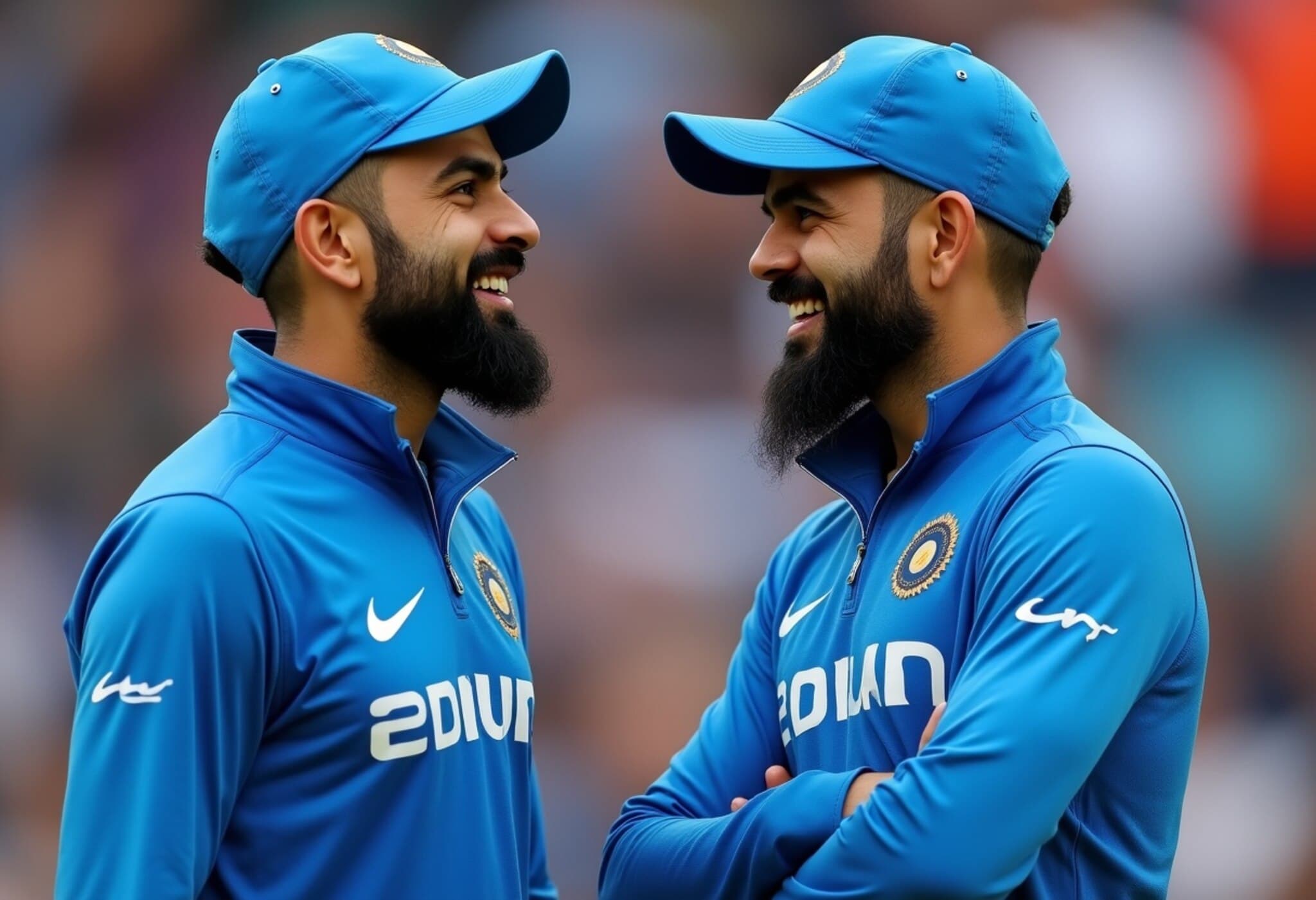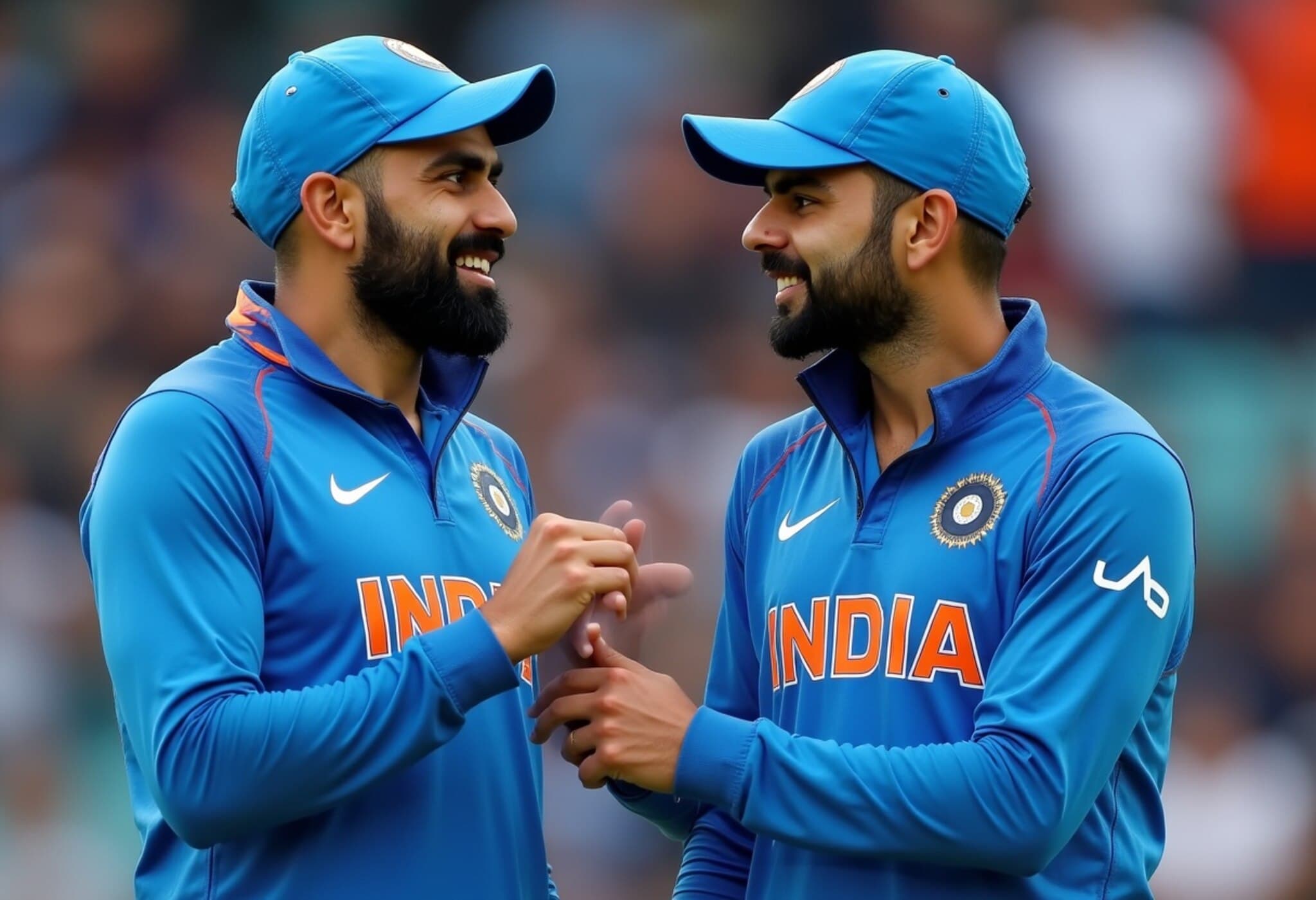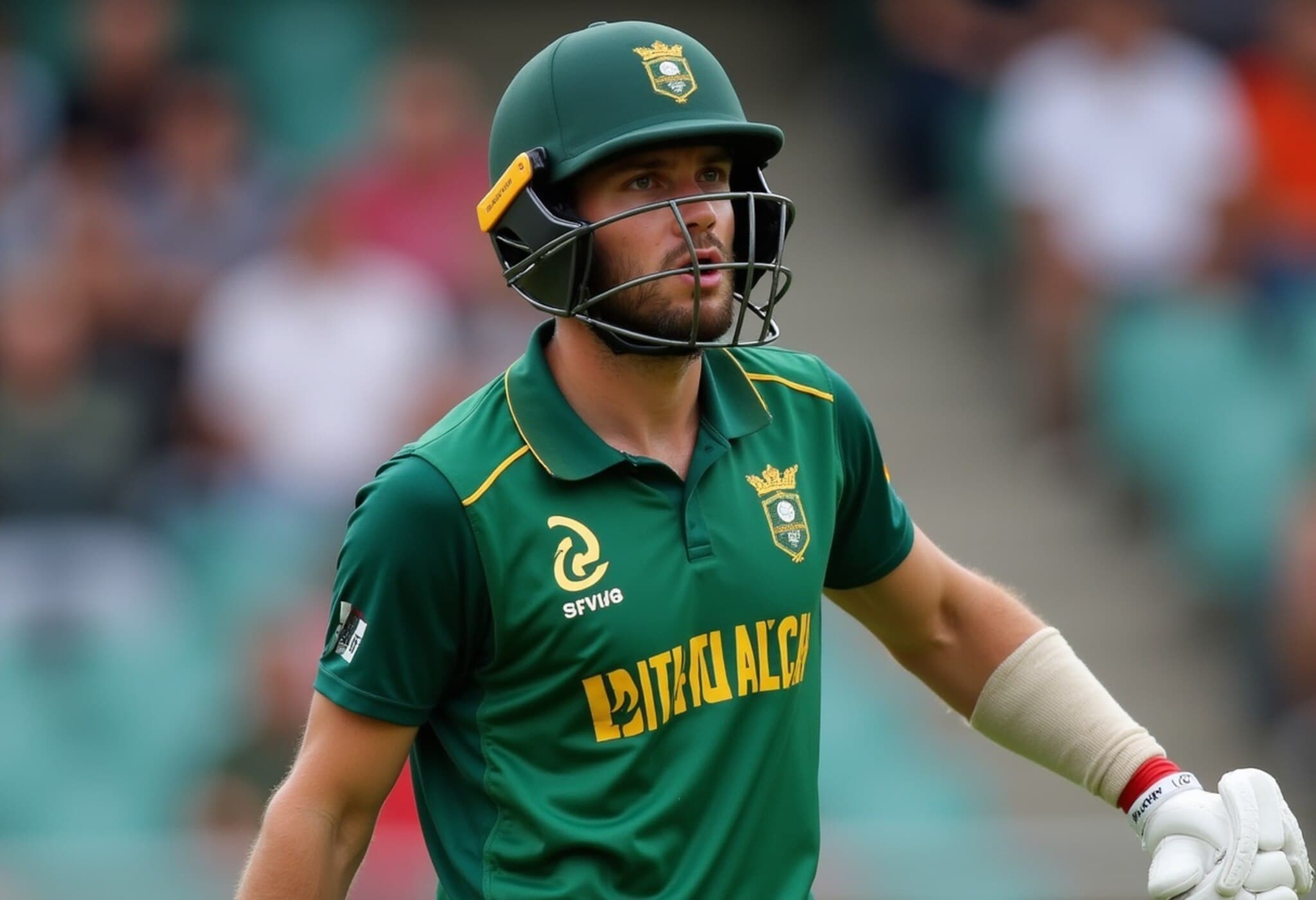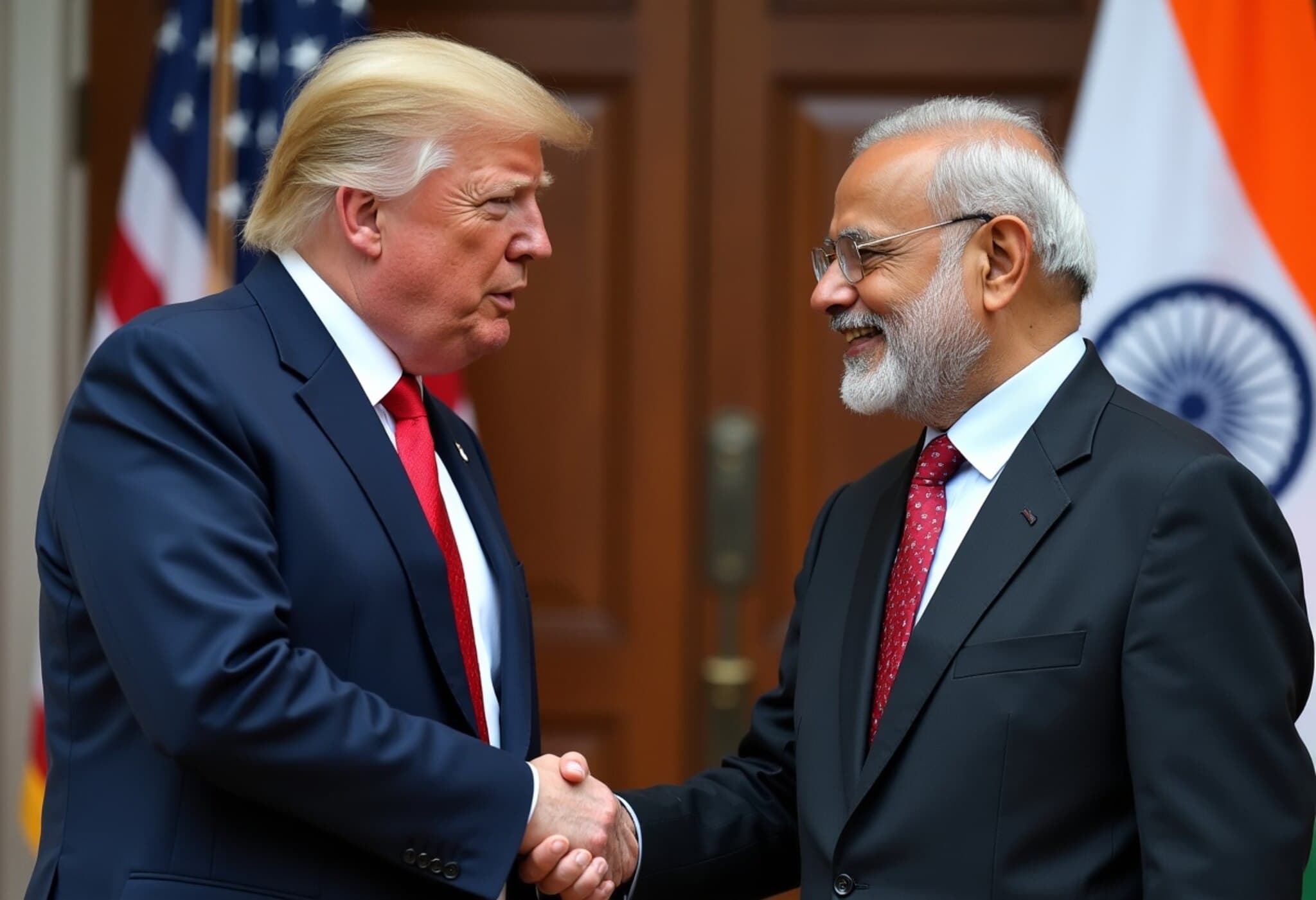Mitchell Marsh Confirms New Opening Partnership for 2026 T20 World Cup
As the cricketing world begins gearing up for the highly anticipated 2026 ICC T20 World Cup, Australia’s limited-overs captain Mitchell Marsh has shed light on the team’s batting strategy, confirming himself and fellow southpaw Travis Head will spearhead the Australian innings as opening batsmen. The tournament, jointly hosted by India and Sri Lanka, promises to be a fast-paced spectacle, and Marsh’s decision to shift his batting position marks a strategic evolution following the retirement of veteran David Warner.
From No. 3 to Opening: A New Role for Marsh
Traditionally seen at the No. 3 spot in Twenty20 International (T20I) line-ups and a pivotal figure in Australia’s maiden 2021 T20 World Cup victory, Marsh’s move to open the innings signals both leadership and adaptability. Reflecting on recent matches against the West Indies, where he opened in all five games, Marsh expressed confidence in his new role.
“It’ll be myself and Heady [Travis Head] up the top for the foreseeable future,” Marsh said ahead of the three-match series against South Africa starting August 10 in Darwin. “We have a great partnership and understanding, so it’s a natural fit as we build towards the World Cup.”
Building Flexibility and Strength in Australia’s Batting Order
Australia’s recent years in T20 cricket have seen experimentation with their batting combinations. Notably, in the 2024 T20 World Cup held in the Caribbean, Warner and Head opened the innings with Marsh settling at third. Now with Warner’s exit from international cricket, the leadership group is reshuffling, fostering opportunities for emerging players as well.
Besides Marsh and Head, Australia has trialed opening options like Matthew Short and Jake Fraser-McGurk, reflecting a strategic emphasis on depth and flexibility. This approach aims to avoid overdependence on individual players and adapt to varied pitch conditions, especially on subcontinental tracks known for spin and slower bounce.
Marsh’s Bowling Plans: Prioritizing Fitness and Strategic Roles
In an important update for cricket analysts and fans alike, Marsh has also stated that he will not bowl during the 2026 T20 World Cup. This decision stems from ongoing injury management and a desire to maintain peak physical condition throughout the tournament.
“The bowling is currently offline for me, but definitely not forever,” Marsh explained. “We’ll take it series by series, focusing on team balance and player wellness. We have plenty of bowling options in the squad, so my key role will be leading and anchoring the batting.”
Why This Matters: The Australian Outlook in a Competitive T20 Landscape
Australia’s adaptability, particularly Marsh’s willingness to reinvent his role, reflects the broader trends in modern T20 cricket where multi-dimensional players often pivot roles to suit team needs. Australia’s prioritization of flexible batting partnerships and managed bowling workloads is a strategic move amid a rising global competition where every single decision influences World Cup success.
With the 2026 T20 World Cup set against the backdrop of cricket-obsessed India and Sri Lanka, teams will face unique challenges like subcontinental pitches, extreme crowd pressures, and weather conditions. Marsh’s leadership, paired with his batting partnership with Head, is poised to be an essential element of Australia’s campaign to reclaim the title.
Looking Ahead: Key Takeaways for Fans and Analysts
- Leadership Evolution: Marsh’s promotion to opener underlines his leadership style that embraces flexibility and team-first mentality.
- Strategic Batting Depth: Australia is reinforcing a robust top order capable of tackling spin-friendly conditions common in India and Sri Lanka.
- Workload Management: Marsh’s decision to step back from bowling emphasizes player fitness and long-term tournament sustainability.
- Competitive Edge: The dynamic batting duo of Marsh and Head enhances Australia’s chances against strong cricketing nations in 2026.
Editor’s Note
Mitchell Marsh’s confirmation as an opener alongside Travis Head signals not just a tactical shift but a refreshing narrative of adaptation and leadership within the Australian cricket setup. As the global cricket community anticipates the 2026 T20 World Cup, questions around team combinations and player fitness remain central. Marsh’s journey underscores the evolving nature of cricket roles and the strategic decisions nations must take to stay competitive—insights that resonate beyond cricket, offering lessons in resilience and teamwork.

